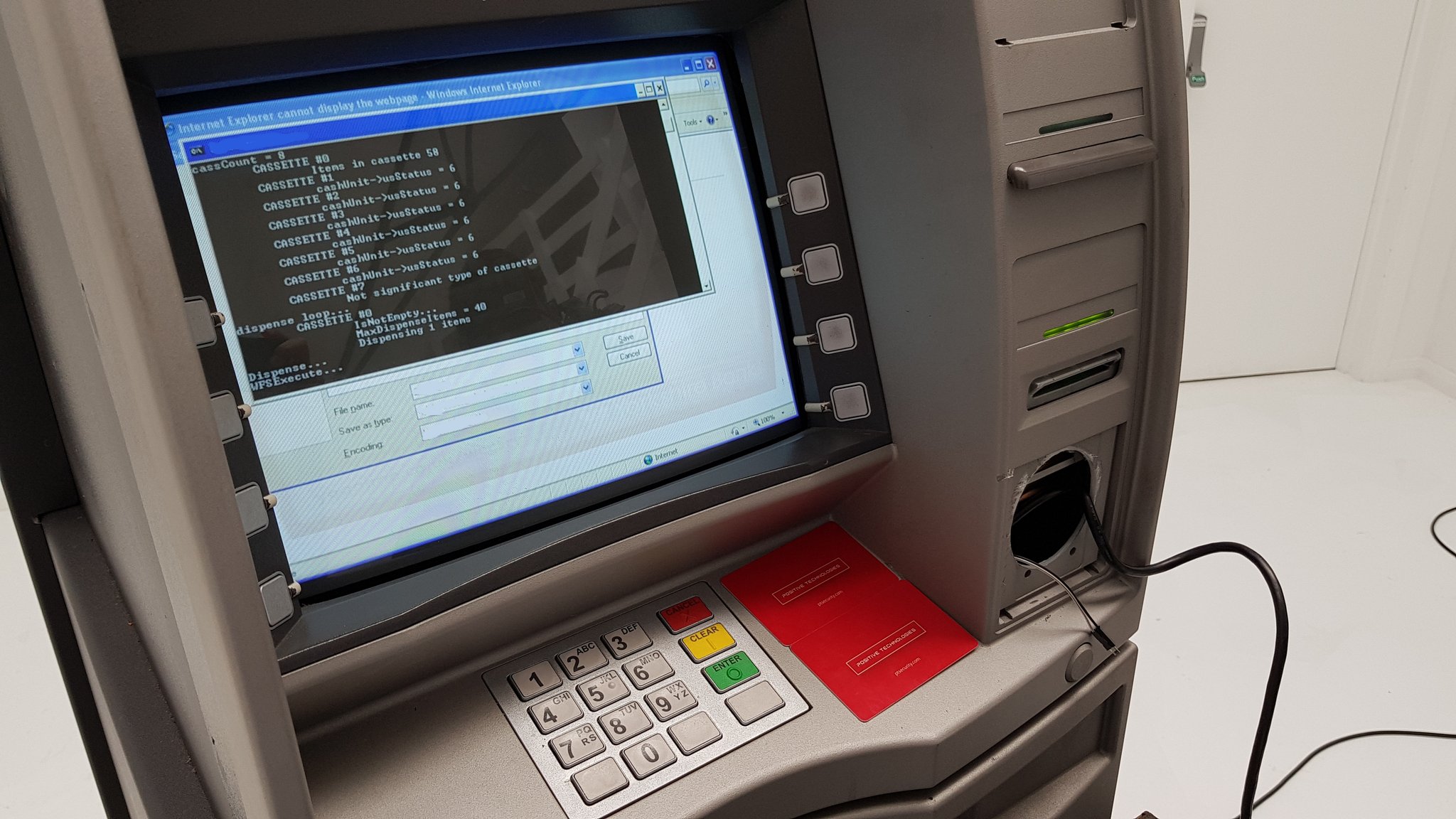Cheating in colleges and universities. This may be news to the normal citizen, but for people who have been in the education field, this is another Monday morning.
If you have "feelings", you might want to stop reading now.
Many news articles have been written over the last weeks, because final exams are taking place, and with COVID this means finding new ways to do exams, and control cheating.
Here is a reality, plagiarism and cheating cannot be successfully subdued with marketing campaigns.
This is much more a PR (public relations) stunt, to save face, and inspire students and employeurs that the universities take this so so seriously.
I call bullshit.
Here is why.
After teaching in a dozen different establishments over the last two decades:
- I have seen them ignore it internally
- I have seen them take a purely political stance at enforcing punishment
- I have seen them protect the student because the student is a "paying client"
Why will the marketing campaign not really change anything...Simple...
They let in students that would NEVER pass without cheating.
Think about that for a minute.
YOU WILL NEVER PASS.... why wouldn't you risk cheating or copying since it is the only way you WILL pass.
Our education system tends to shovel a lot of shit in my opinion.
They will tell you that they want to produce the best students. They will not tell you that this is a secondary objective.
Of course, who would offer to sell you a car and tell you the engineers can't count to 20 without an iPhone.
And our schooling system relies on money..... lots and lots of money... and for every student that is enrolled, a large financial incentive is present that goes well beyond what the student is paying.
So in other words, the motivation to enrol students is larger than the desire to kick them out when they cheat. Of course, we cannot say this, so what we do is put in place complexe political processes that protects the poor innocent student in case the bad bad teacher doesn't like them. And then throw in any other excuse such as "I'm too short", "I had a bad cough last week", "the teacher doesn't like me", or the race or gender card and you have yourself the entire recipe for a system that will continue to fail, and continue to produce sub quality students.
Here is the reality, I do not know your name. I have 60 students, they all have a number, I correct everything without even knowing your name. I do not care what your sexual orientation is, or your hair colour, I am a professional, I do my job. You are a student, why don't you do yours.
I have had a case that even accused me of discrimination because the individual wasn't a minority. As a society, we have become weak, spineless imbeciles who refuse to take responsibility for our lack of effort. It is a classic case off finding an angle that make you look good, and makes you the poor helpless victim.
Think about that if you have open heart surgery... Did my doctor graduate because he took the class 11 times or cheated consistently through his educational career? Was he lucky enough to always be sitting near the "smart" asian kid.
Yeah yeah, I know, that is cultural appropriation. Yet another term for all the losers who need to have their feelings protected. We all know that asian kids rock because THEY READ THE FUCKING BOOK and show up in class prepared you whiny ass losers.
Obviously, medical studies have other safeguards in place. Yet we still get shit doctors.
What about all the other fields that are not regulated or controlled for quality, aside from trusting that beautiful certificate from a prestigious establishment.
Things will have to get worst before they get better.
Obviously, when management is looking at the short term, these are the results you get and should expect.
Will we ever see the quality we once had along with long term vision and values?
Since society is going to hell in a hand basket, and since the people in power are in it for their yearly bonus.... I will not hold my breath.
In the mean time, perhaps a good safe guard is to ask for a PhD for any position, this way you know that person has gone through a long process of refining their political skills ;-). Instead of getting a normal cheater, you will get a professional who has demonstrated mastery of multiple domains combined with patience and perseverance!
In closing, most students I have had demonstrated good values, good competency, and I would hire them. My point is simply that by tolerating the 5% who are beyond shit, the image of an entire industry can be impacted, and the trust over time will erode. This will result in people like me not being able to simply "recommend" someone because they went to XYZ academy. My response will always be... let us interview the candidate and determine what the quality is on our own.
End of rant.


















